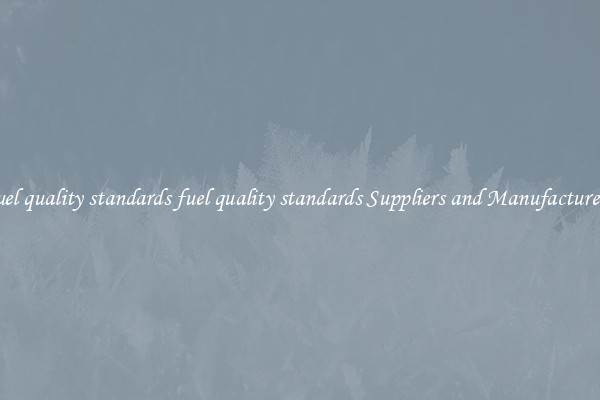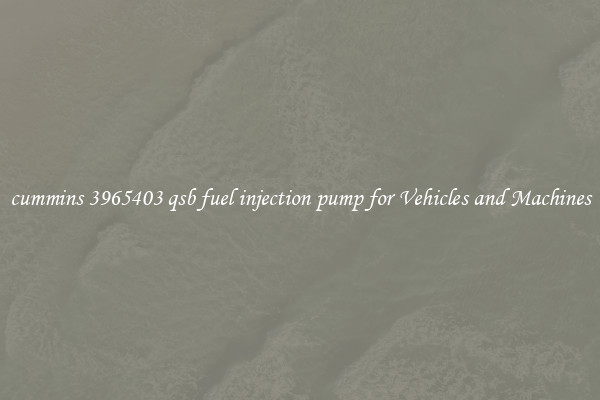fuel quality standards fuel quality standards Suppliers and Manufacturers
Fuel quality standards are regulations put in place by governments or international organizations to ensure that fuels meet certain criteria for safety, efficiency, and environmental impact. These standards are important for protecting the health of consumers, the environment, and the longevity of vehicles.

Suppliers and manufacturers of fuels are responsible for ensuring that their products meet these standards. This includes testing fuel samples regularly to check for impurities or contaminants that could harm engines or lead to emissions of harmful pollutants. In many countries, there are specific agencies or organizations that oversee fuel quality standards and enforce compliance with regulations.
One of the key aspects of fuel quality standards is ensuring that fuels are of a certain octane rating. Octane rating is a measure of a fuel's ability to resist knocking or pinging in an engine. Fuels with higher octane ratings are better for high-performance engines and can improve fuel efficiency. In addition to octane ratings, fuel quality standards also set limits on the sulfur content of fuels, as sulfur can lead to the formation of harmful emissions like sulfur dioxide and particulate matter.
Another important aspect of fuel quality standards is ensuring that fuels are free from contaminants like water, sediment, and microbial growth. These contaminants can lead to engine damage or fuel system failures, so it is important for suppliers and manufacturers to regularly test their products for these impurities.
In recent years, there has been a push towards cleaner and more sustainable fuels, such as biofuels and renewable diesel. These fuels must also meet certain quality standards to ensure that they are safe for use in vehicles and do not harm the environment. As the world transitions to more sustainable energy sources, it will be important for suppliers and manufacturers to continue to meet these evolving standards.
Overall, fuel quality standards are essential for ensuring the safety, efficiency, and environmental impact of fuels. Suppliers and manufacturers have a responsibility to meet these standards and provide consumers with high-quality, reliable fuel products. By adhering to these regulations, the industry can help protect the health of consumers and the environment, while also supporting the longevity of vehicles and reducing emissions of harmful pollutants.

View details

View details

View details

View details








